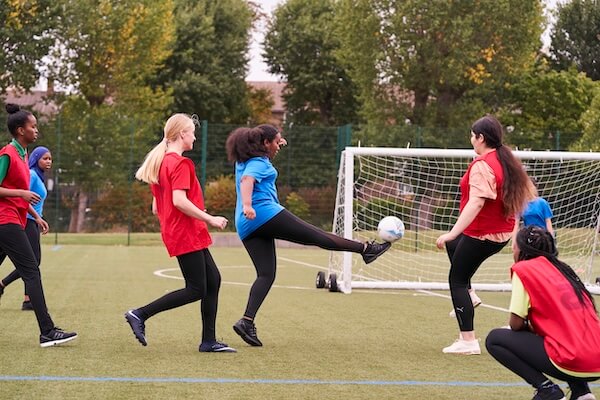
Goal setting is one of the most important habits that successful people practice, and it can have a transformative impact on your life. Whether you want to lose weight, learn a new skill, or achieve any other objective, having clearly defined goals will help you measure your progress and stay accountable to yourself. Furthermore, research shows that people who set goals also tend to be more successful in achieving their aims than those who don’t. The trick is not only coming up with good goals but also following through on them consistently. With that in mind, here are some useful tips for achieving your goals faster!
Write down your goals and review them often
A common mistake people make is to set goals but never write them down or even talk about them. They don’t want to “jinx” themselves or be too “rigid” in their thinking. The truth is that writing your goals down is one of the most helpful things you can do for yourself. Doing so will help you clarify your thinking and make you much more accountable to yourself. Plus, studies have shown that people who write down their goals are significantly more likely to achieve them than people who don’t. Another thing you can do is review your goals regularly. Ideally, you’d want to revisit them at least once a month, but once a week is better. Seeing them every single day is even a better idea. The more you’re reminded of your goals, the more likely you are to stay focused on them and achieve them.
Set deadlines for yourself
Deadlines are useful in a number of ways, but they’re especially helpful when you’re trying to achieve a certain goal. Whether it’s a fitness goal like losing weight or a professional goal like launching a new product, setting a deadline will help you stay focused on the task at hand and achieve it faster. For example, if your goal is to lose 20 pounds, setting a deadline like “lose 20 pounds within 4 months” would help you stay focused, and you’d lose the weight faster than if you just set a goal without a deadline. Setting deadlines for yourself will not only help you achieve your goals faster but it will also make you more productive and help you avoid procrastination.
Find a mentor or join a group of like-minded people
Having a mentor or joining a community of people who are trying to reach similar goals to you can help a lot when you’re trying to achieve something big. Not only will having a mentor or being part of a like-minded group help you stay accountable, but it will also help you discover new perspectives and solutions to problems that you might not have thought of before. Similarly, if you want to mentor or help others achieve their goals, that’s great too. Not only will you have a chance to give back to your community, but you’ll also have an opportunity to reflect on your own goals and experience.
For physical activity groups (like walking, hiking or sports), try our website - KeepActive.
Make a plan and stick to it
Having a plan is crucial to achieving any goal, and you’ll achieve your goals much faster if you have a well-thought-out plan. For example, let’s say your goal is to launch a product. Having a plan for how you’re going to launch that product will help you stay focused and reach that goal faster than if you just winged it. To come up with a plan, you’ll need to first determine the goal you’re trying to achieve and then break it down into smaller parts for yourself. Once you have a good plan in place, you just need to be consistent with it and follow the steps you’ve laid out for yourself.
Celebrate the small wins
It’s easy to get frustrated when you’re trying to achieve a big goal and you don’t see results right away. You might feel like you’re not making any progress or that your efforts are not paying off. In those moments, it’s important to celebrate the smaller wins along the way. Celebrating the little things you’ve achieved will help you stay motivated and keep you going when times are tough. You can celebrate the small wins in a number of ways, such as rewarding yourself with a special treat, acknowledging your progress with a note or a thank you call, or also recognizing your efforts publicly.
Don’t be afraid to change course
If you’re trying to achieve a goal and it’s not working, don’t be afraid to change course. People often get too attached to their ideas and try to force them when the reality is that some of those ideas are not realistic or effective. So, if your original plan isn’t working, or you’re not getting the results you want, you don’t have to be afraid to change your approach. As long as you’re learning from your mistakes and improving as you go, you’re still going in the right direction.
Bottom line
As you can see from the article, goal setting is one of the most effective ways to set yourself up for success. There are many benefits of setting goals, such as increased productivity and better decision-making, and it's a great way to stay focused on the future. There are many ways to set goals, and the most important thing when setting goals is to be specific about what you want to achieve and how you will know when you've achieved it. If you want to be more successful in life, setting goals is an essential part of that process and is something you should make a habit.






